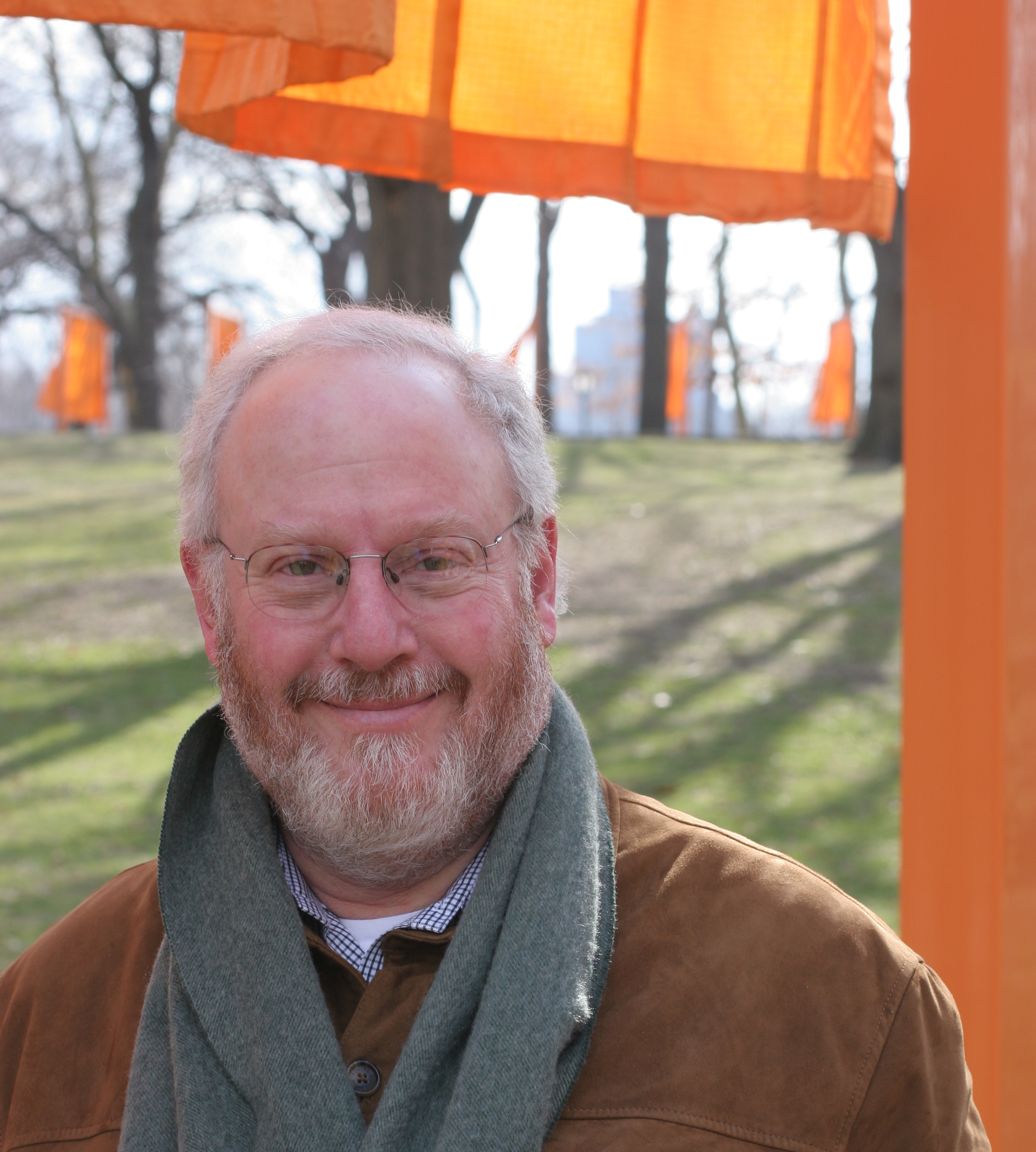
Jonathan Fineberg, the University of Nebraska's Visiting Presidential Professor, continues his 2012-13 lecture series on art and the mind March 12 and 13 in Lincoln and Omaha, respectively.
The lectures — the third in a four-part series — are 5:30 p.m. March 12 at UNL's Sheldon Museum of Art, and 6:30 p.m. March 13 at Kaneko, 1111 Jones St., in Omaha. The talks are free and open to the public. Each will be followed by a reception.
Fineberg’s lecture series is titled “The Language of the Enigmatic Object: Modern Art at the Border of Mind and Brain.” The title has evolved as Fineberg has written the lectures; part of his professorship involves giving serious thought to how visual thinking works and how works of art serve society, and this has led to the revision.
His third lecture, “The Nature Theater: Art and Politics,” will argue — principally in the work of Christo and Jeanne-Claude and perhaps artists of interwar Europe and some contemporary artists in China — that works of art, because of their access to unconscious meaning and their ability to modify unconscious organization, can profoundly affect our social and political consciousness on a level deeper than simple representation.
Fineberg is the Gutgsell Professor of Art History Emeritus at the University of Illinois at Urbana-Champaign and adjunct curator of the Parrish Art Museum in Southampton, N.Y. His work, “Art Since 1940: Strategies of Being, 3rd Edition,” is used extensively as a textbook for modern art history classes in universities around the country.
In addition to delivering his lecture series, Fineberg is also engaging extensively with the university community during his presidential professorship. For example, he has participated in class discussions and studio visits with students in the University of Nebraska-Lincoln’s Department of Art and Art History; on March 12, Fineberg and Marissa Vigneault, assistant professor of practice in modern and contemporary art history, will bring her Art Since 1945 class to the Sheldon, where they will look at select pieces from the gallery’s permanent collection.
“Dr. Fineberg brings an astute eye and deep intellectual consideration to the field of modern and contemporary art history and has been a welcome addition to my classes, and the university at large, during this academic year,” Vigneault said. “I cannot stress enough the amazing opportunity our students have to both view work by incredibly important post-war artists in person and to converse with Dr. Fineberg about the pieces. The knowledge and experience he has shared with the students in the Department of Art and Art History has invaluably shaped their academic development, and has deeply enhanced my own work as a writer and educator.”
Additionally, Fineberg is pursuing a unique collaboration with university faculty with expertise in neuroscience and the brain, including Howard Gendelman, Margaret R. Larson Professor of Internal Medicine and Infectious Diseases, chair of the Department of Pharmacology and Experimental Neuroscience, and director of the Center for Neurodegenerative Diseases at the University of Nebraska Medical Center; Michael Boska, professor in the UNMC Department of Radiology; UNMC student Adrian Epstein; and Dennis Molfese, UNL professor of psychology and director of the Center for Brain, Biology and Behavior.
The group is working to investigate associations between intense visual stimuli – such as violent gaming and pornography – and adverse personal and societal outcomes, like aggressive behavior, sexual misconduct, psychiatric disease and substance abuse.
“These are receiving ever more attention and are on the forefront of the national dialogue based on the numbers of recurring national tragedies,” Gendelman said. “How intense experiences linked to neurophysiologic changes within the brain and its circuits lead to behavioral outcomes is complex. To begin to unravel such complex associations is our singular goal, to explore what is known in linking visual cues, behavior and neural function. Bringing science to society should bring clarity and perhaps a path toward solutions on vision, violence and behavior. It cannot be overstated that associations between visual experience and untoward societal outcomes are often important yet not well understood.”
The fourth and final lecture in Fineberg’s Visiting Presidential Professor series is April 2-3. Following his professorship, Fineberg will write his formal lectures as a book.
— Melissa Lee, NU Central Administration